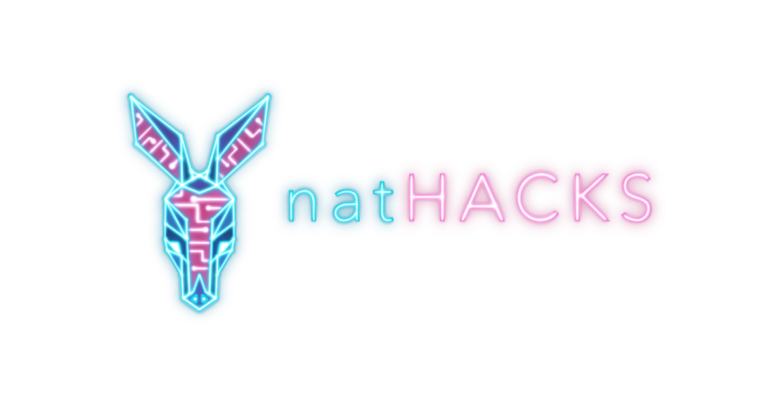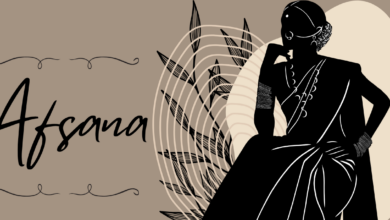Bigger than ever: natHACKS is back!
Doubling their numbers compared to last year, natHACKS returned for programmers to compete in neurotechnological developments.
 Supplied
SuppliedNeurAlbertaTech (NAT) started as a programming team for international competitions back in 2019. Since then, they have developed into a student group and are now a non-profit organization holding hackathons like natHACKS for coders of any skill level to participate.
The hackathon last year was mostly online. This year the event had three in-person locations and ran for 64 hours straight.
Eden Redman, the executive director of NeurAlbertaTech (NAT), mentioned that he was excited about in-person coding and seeing the collaboration within teams.
“I just missed in-person hackathons.”
NatHACKS revolved around neurotechnology and was targeted to facilitate student projects through workshops and mentoring throughout the year. The teams did work involving sensors that read brain activity. Top teams received $10,000 in seed funding for the development of their projects to be continued and hopefully expanded into the marketplace.
Despite the scale of the competition, Redman described the value of the support that he had seen from his team. Specifically, he highlighted the work of Cameron Hildebrandt, president of NAT, and Annette Lau, vice-president (communication) of NAT.
“[Planning the hackathon was] pretty daunting, but I have a really strong team behind me [with] both recent graduates and current students — it’s been a fun challenge.”
NatHACKS offers three different tracks, or themes teams can choose from for their project. These are recreation, rehabilitation, and research — all of which are practical and programming-orientated. The tracks help programmers find solutions to real-world problems that are desperate for a solution, such as Alzheimer’s disease, or a program that can reliably detect drivers that are intoxicated by cannabis.
“Here is the opportunity to solve real-world problems with tech that the majority of people are unaware exists,” said Redman. “[However,] my heart stays open to all the wacky [ideas as well].”
Throughout the event, several workshops were held for the participants so that beginners and experts could become familiar with the process.
Redman emphasized how events like this help each participant develop networking opportunities, tangible and technical skills while working together in a fast-paced environment for 24, 48, or 64 hours straight. Though natHACKS is a challenge, it’s also an experience and an opportunity for creativity.
“[NatHACKS] forces you and your team to push yourselves individually and as a team to learn and create something useful on a timeline.”




